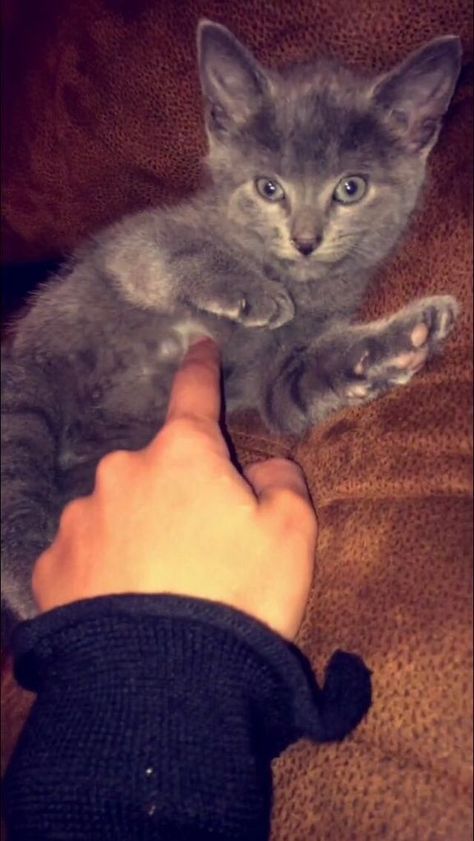When Do Kittens Get Injections

Kittens can be especially vulnerable to the effects of infectious diseases such as cat flu.
When do kittens get injections. The first injection can be given from nine weeks of age with the second three to four weeks after the first injection. However it is recommended that your kitten get. Vaccines kittens do not need. Kittens should be kept away from other cats and stay indoors for seven days after the second injection to ensure maximum protection.
When a kitten is at least 3 months old he will need to get a rabies shot. After this kittens and cats usually need booster vaccinations every twelve months. The fiv vaccine course is 3 injections and can be administered either every 2 weeks or once per month. To maintain the level of protection provided by vaccination adult cats require regular boosters.
If a kitten will be an indoor only pet a fel fiv feline leukemia and feline immunodeficiency virus vaccine is usually not necessary. Vaccines should never be given to a kitten with a fever or illness as the vaccine will not be effective. For this reason vets recommend that kittens get their first round of shots at 10 weeks and second round of shots at 14 weeks. Many owners of indoor cats elect a 5 7 year period.
The fvrcp is the most important vaccine. Where kitty gets a particular shot in his body depends upon the type of vaccination. Make sure you keep up to date records as to which vaccines your kitten has received and where she has received them. Your cat should be vaccinated while they are a kitten then get regular boosters over their lifetime.
To help protect kittens they ll need two sets of vaccinations to get them started. These antibodies protect your kitten from many illnesses and support his developing immune system. Most states require cats to have this vaccine by law. I do not recommend that any cat receive subsequent boosters any more often than every three years.
National veterinary associations develop guidelines recommending both the types of vaccines most cats should receive and where the vet performs the injections. Your kitten may feel a little pinch or sting but many do not react at all. If you decide to administer the vaccines yourself you ll need to take careful note of this information yourself. The addition of chlamydia and leukaemia into your kitten s vaccine regime is dependent on many factors such as exposure to other outdoor cats presence of disease in the local area and history of cat fights in the neighbourhood.
Kittens should have their first set of vaccinations at nine weeks old and at three months old they should receive the second set to boost their immune system. If you take your kitten to the veterinarian to get vaccines they will do this for you.



















